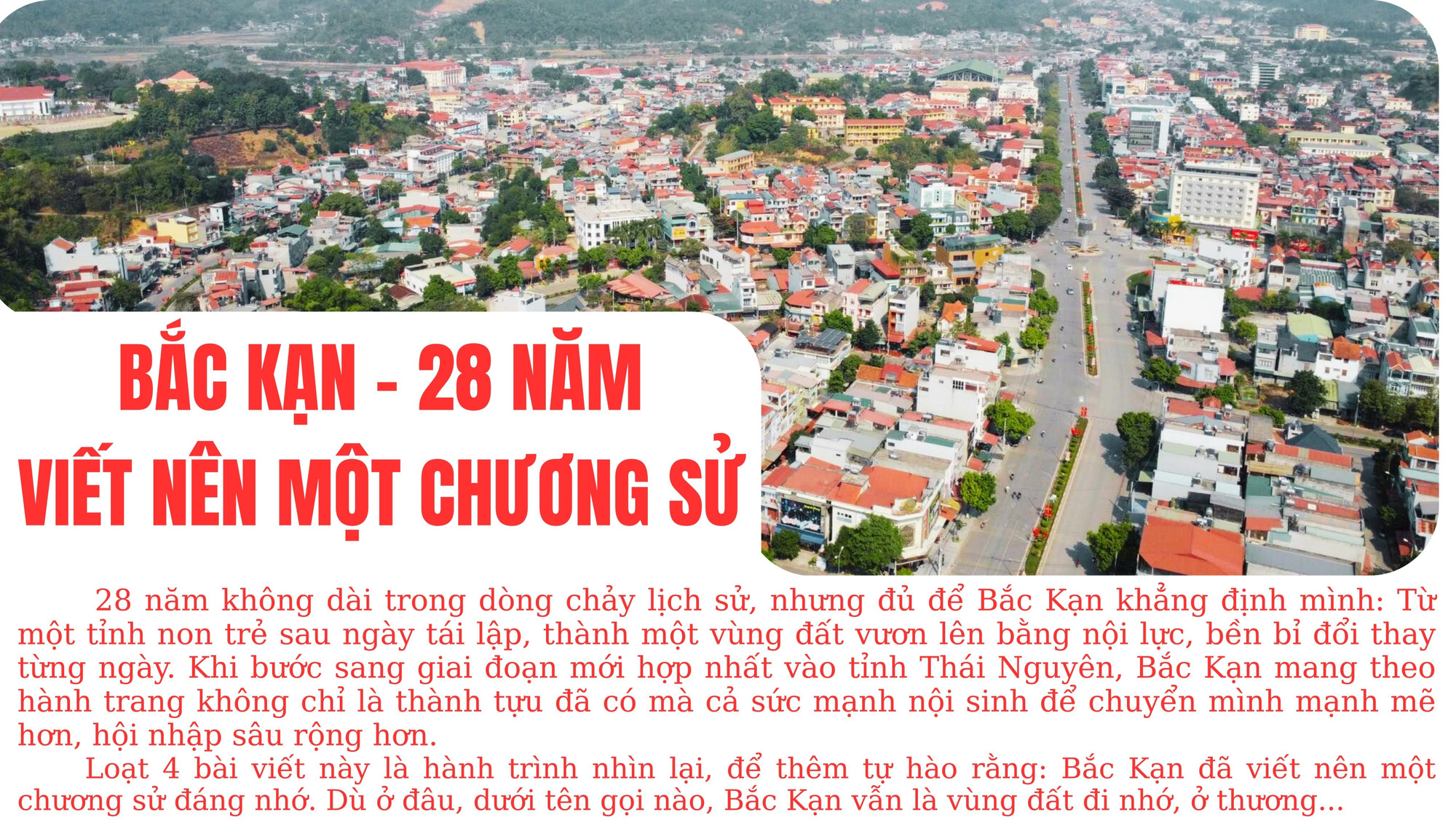
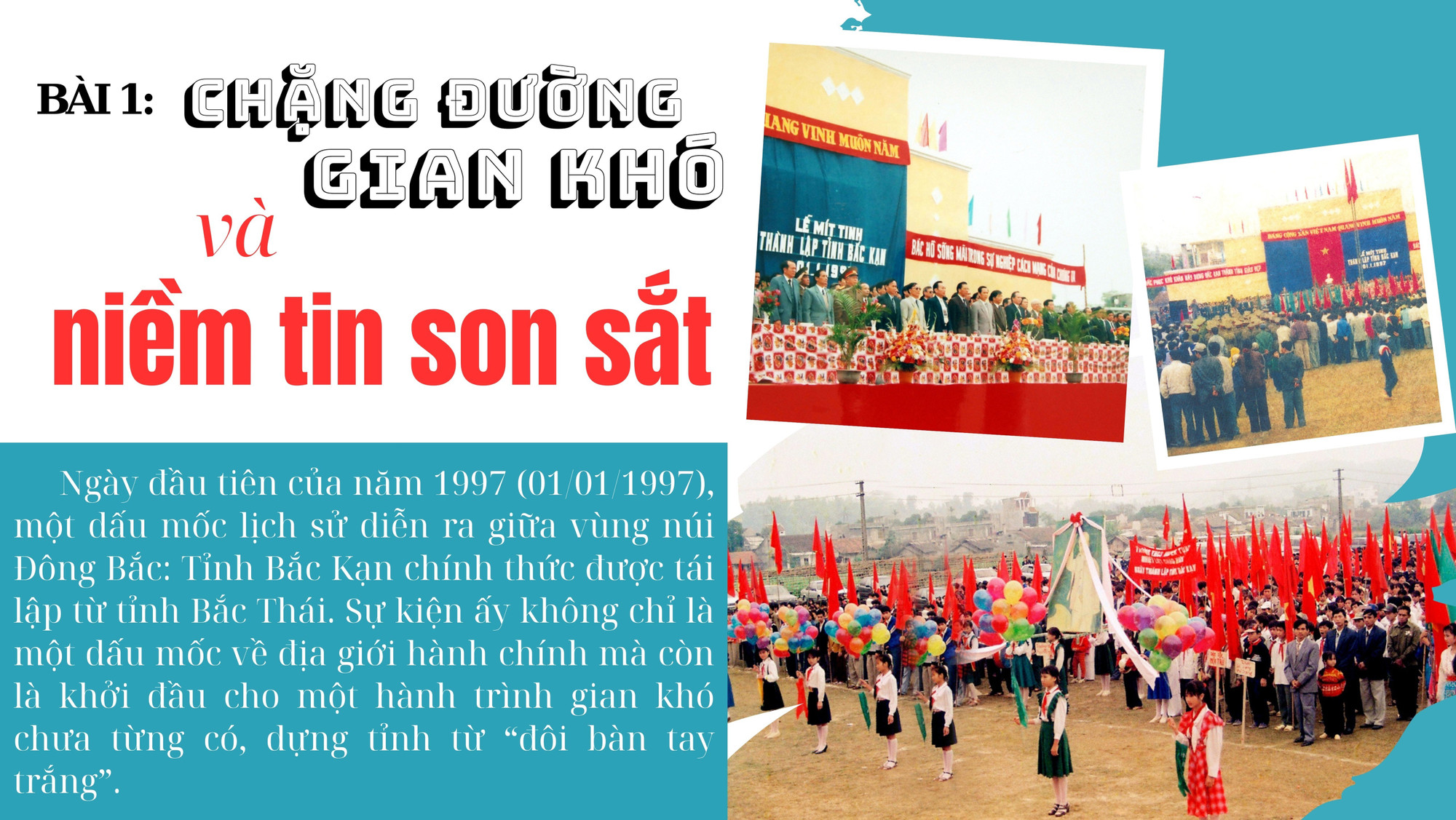

At that time, many people called Bac Kan a “white province”: white infrastructure, white resources, white management experience. But from a starting point of almost zero, with support from the Central Government, a 28-year history chapter was written with will, faith and a spirit of not accepting being left behind.
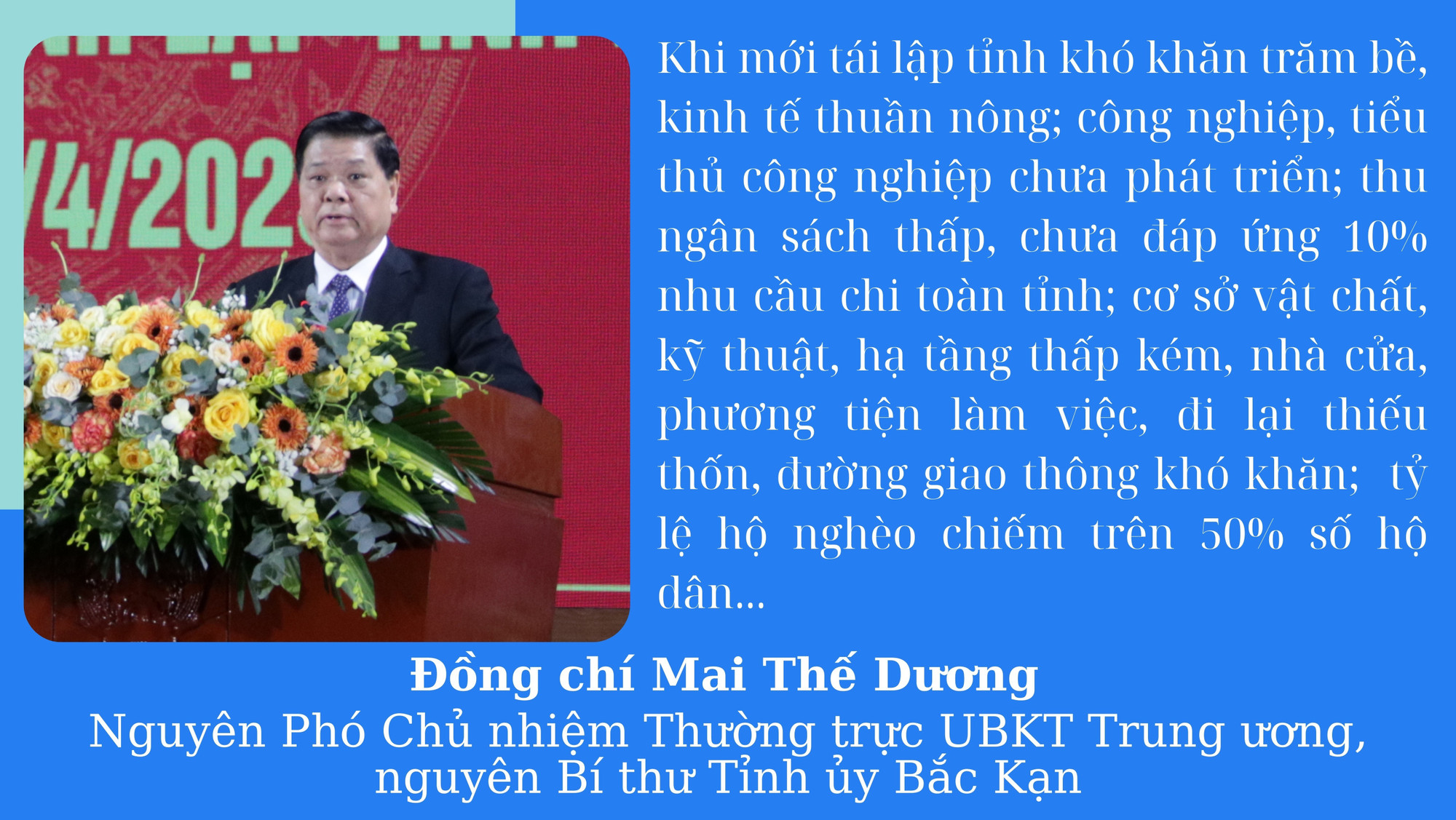
After re-establishment, Bac Kan had an area of over 4,800 square kilometers, a population of only about 270,000 people, scattered among rugged mountains, with difficult transportation. The locality was among the poorest provinces in the country, with budget revenue not enough to pay staff salaries. The workplaces were mainly temporary houses, with outdated equipment, and a lack of and weak staff. A new province with offices of departments and branches being level-four houses, dilapidated headquarters, lacking telephones, lacking computers...
Even the provincial capital at that time – Bac Kan town (now Bac Kan city) was just a small, deserted neighborhood, with seriously degraded roads, almost no connection to other provinces. The whole province did not have any standard national highways. Many communes did not have roads to the center.
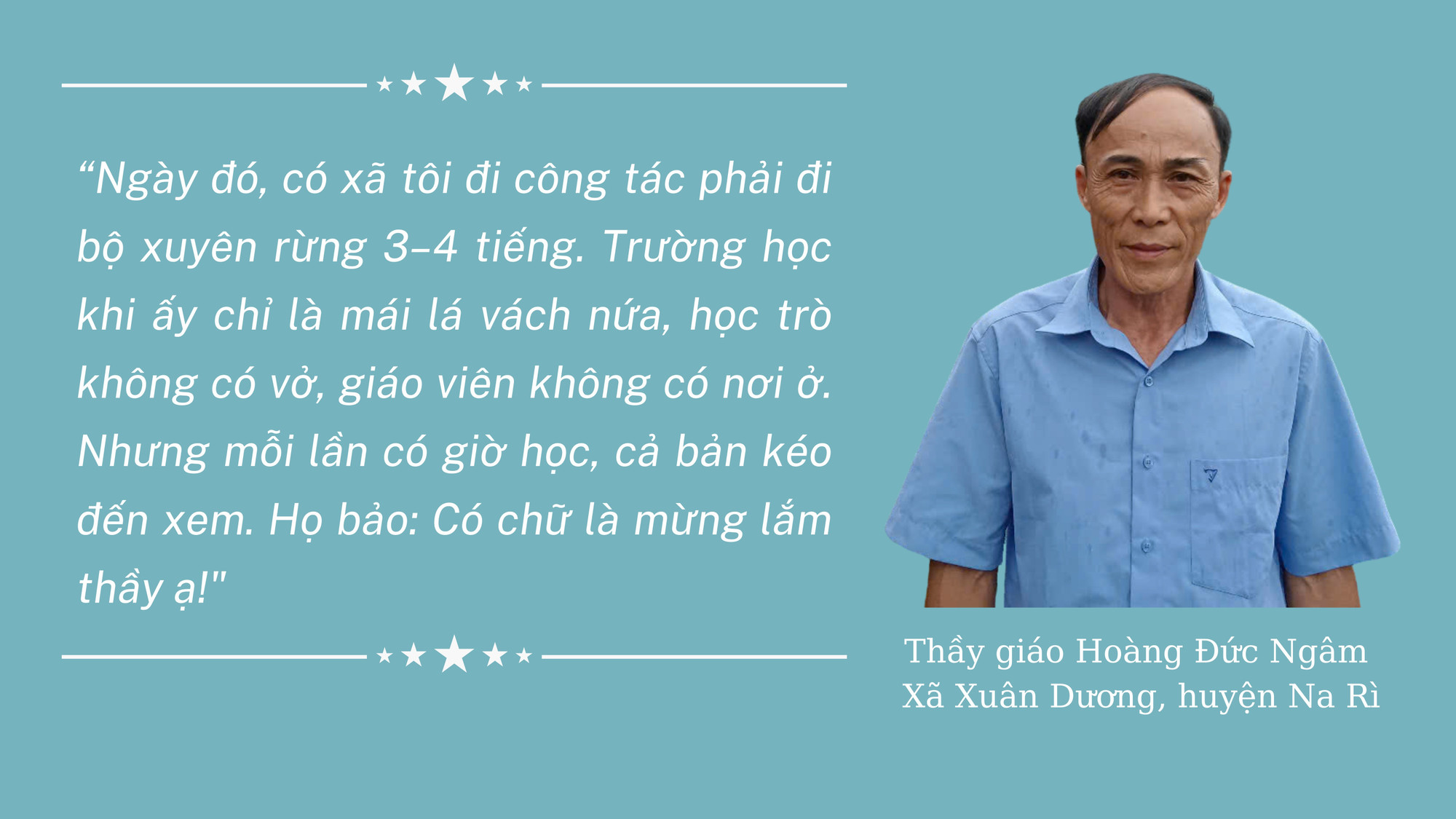
Separated from Bac Thai, Bac Kan province faced many difficulties. The socio -economic situation was underdeveloped, the physical facilities, techniques, and infrastructure were poor, housing and working facilities were lacking, and transportation was difficult. The intellectual level of the people was low, life was still difficult, and many customs and cultivation practices were backward. The organizational apparatus of the agencies that had just begun to consolidate and put into operation was both lacking and not synchronized. Of the 112 communes, wards, and towns, 103 communes were in the category of especially difficult communes.
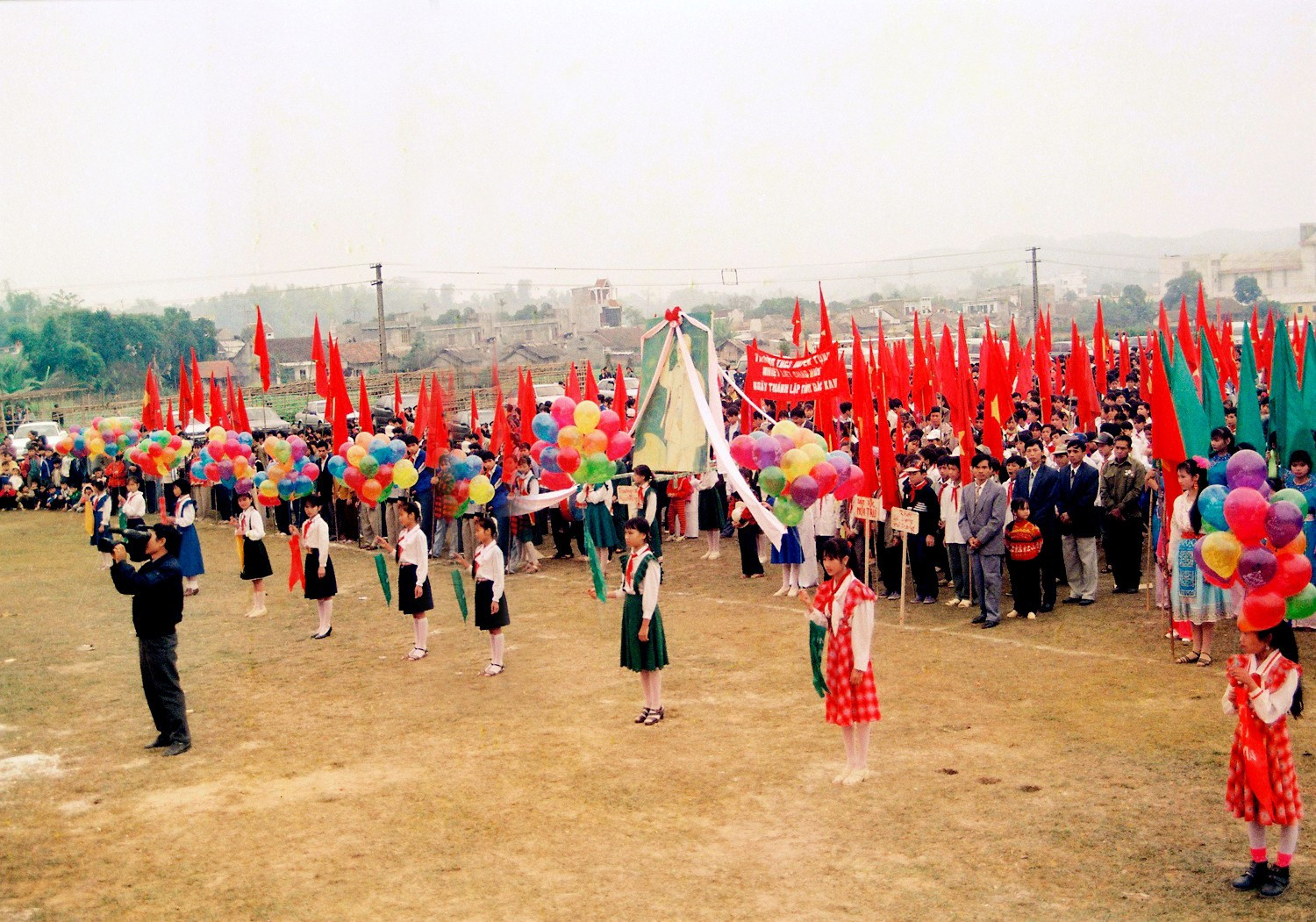
In 1997, Bac Kan province had 05 districts, 01 town and 112 communes, wards and towns, of which 16 communes had no car roads, 16 other communes could only be reached by car during the dry season; 02 districts and 102 communes had no national grid electricity; 36% of communes had not met national standards for universal primaryeducation and illiteracy eradication. The poverty rate was over 50% of households.

In that context, the most valuable thing is not material things but the spirit of unity from the Party Committee, the government, the cadres to the people. Each village, each mountain range is "awakened" by the desire for change.
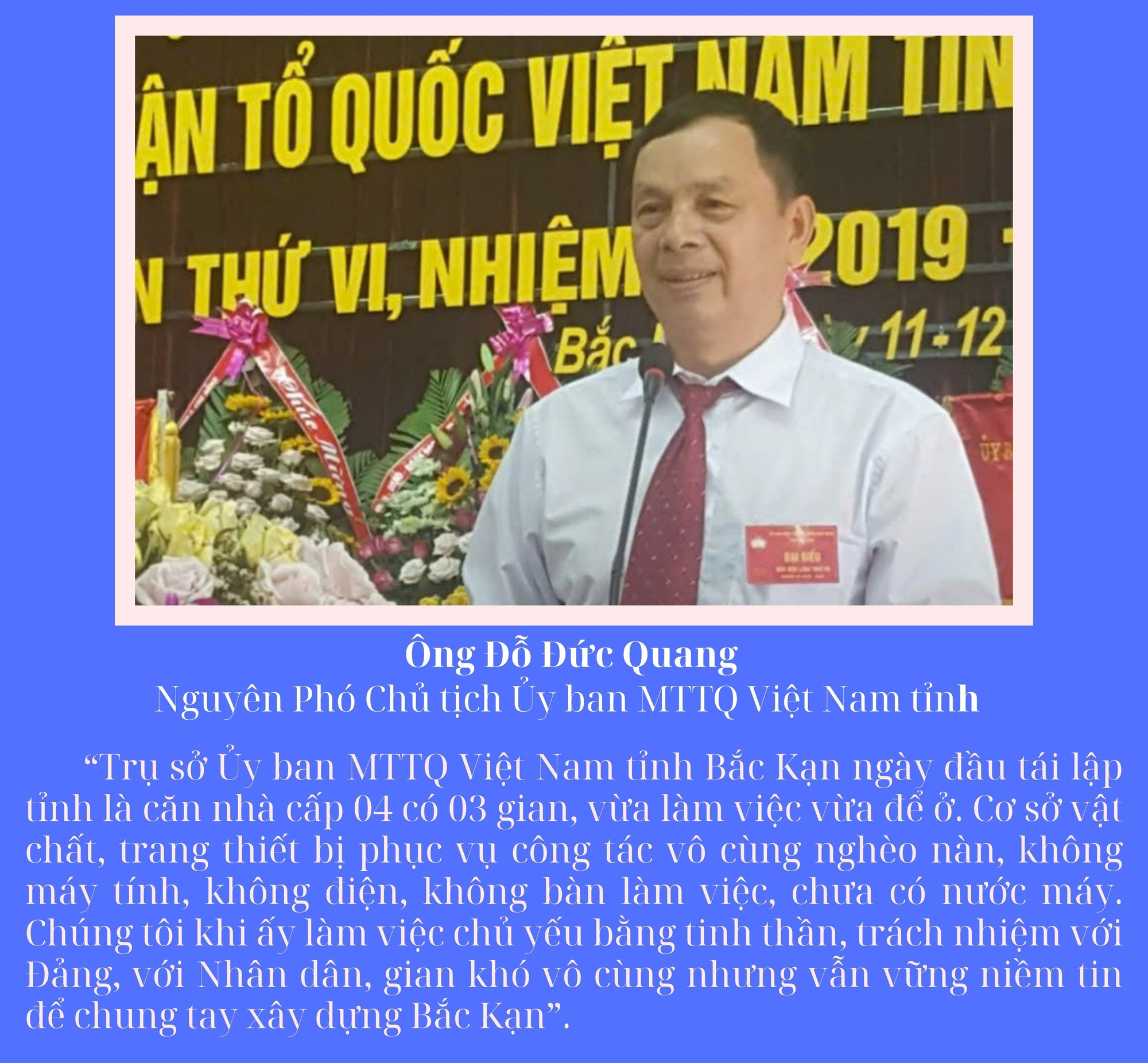
In 1998, the People's Committee of Bac Kan province identified three areas in need of urgent investment: Transportation, education and health. Capital from the Central Government, ODA projects, World Bank loans, etc. were allocated in turn. With the mission of "leading the way", National Highway 3 - the vital route connecting Bac Kan with Thai Nguyen - was renovated and expanded. Infrastructure of "electricity, roads, schools, stations" was invested in and built in turn. Education and training were given special attention. For the first time, some commune health stations had doctors working. Models of forestation and economic development gradually took shape.
In the midst of all these difficulties, Bac Kan always believes in a bright future with the bravery and strong will of the mountain people, which are: perseverance, patience, not afraid of hardship; belief in the Party, in the government, in change - although slow but steady.
Many cadres from other places were assigned to work in Bac Kan, initially thinking “just work for a few years and then move on”. But in the end, they chose to stay – not wanting to leave the land and people here.
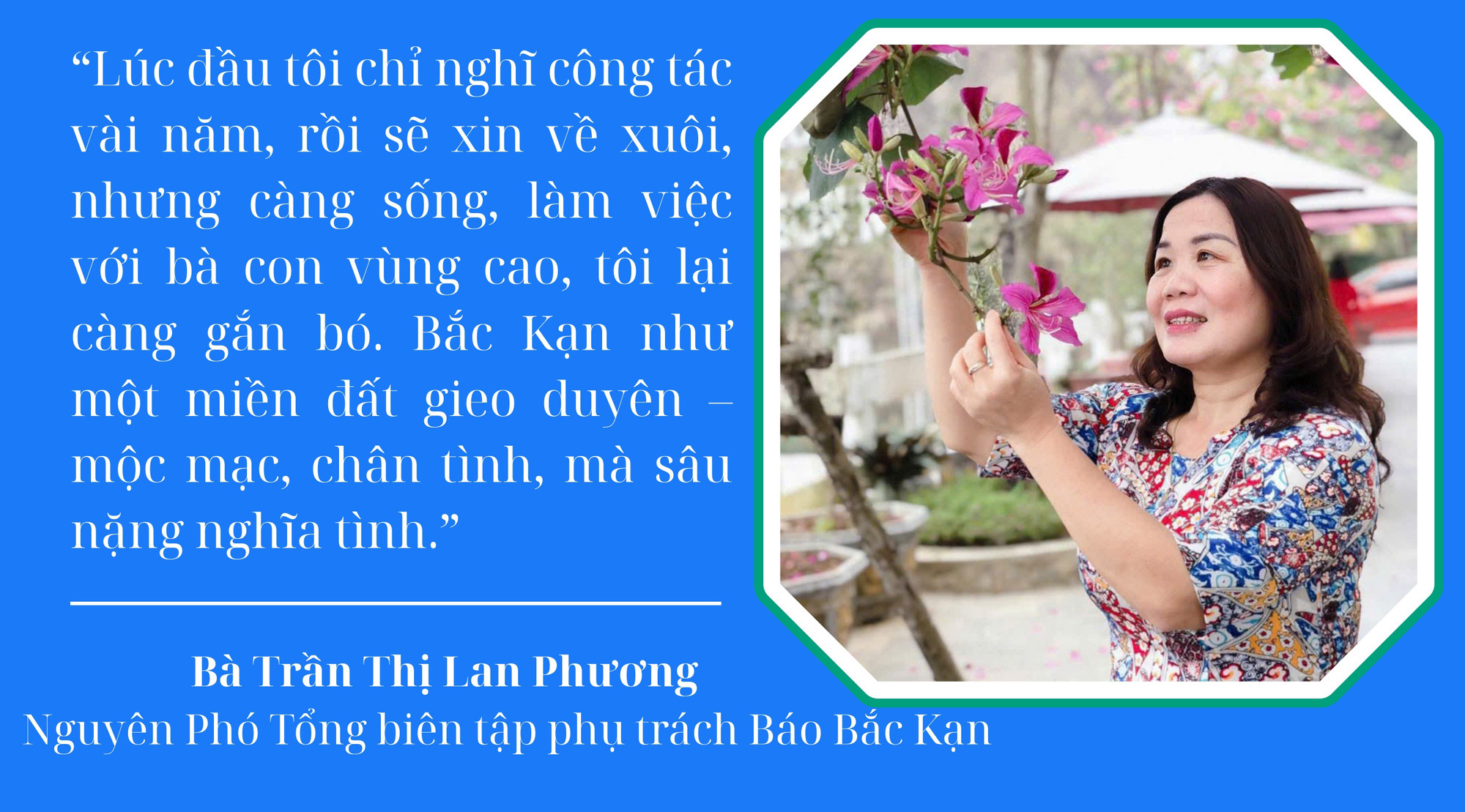
Nearly three decades after its re-establishment, Bac Kan today has taken on a new look. The hardships of the early days are still deeply imprinted in the memories of those who went through that moment. That memory is not only a part of history, but also the character of the land and people of Bac Kan: Coming later but not slow, starting late but not accepting to stand still./. (To be continued)
Source: https://baobackan.vn/bac-kan-28-nam-viet-nen-mot-chuong-su-bai-1-chang-duong-gian-kho-va-niem-tin-son-sat-post70962.html


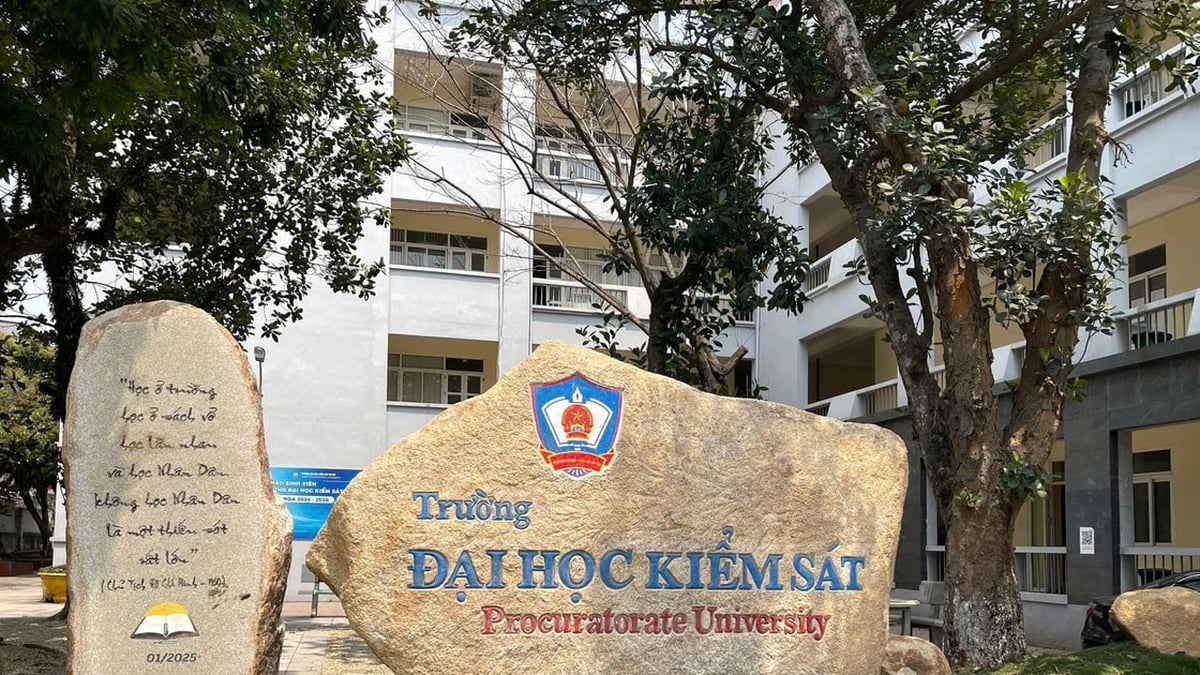

![[INFOGRAPHIC] Open-back headphones, look like a... pill](https://vphoto.vietnam.vn/thumb/1200x675/vietnam/resource/IMAGE/2025/7/16/cd63f007ad404018aa504c1009ce19ba)
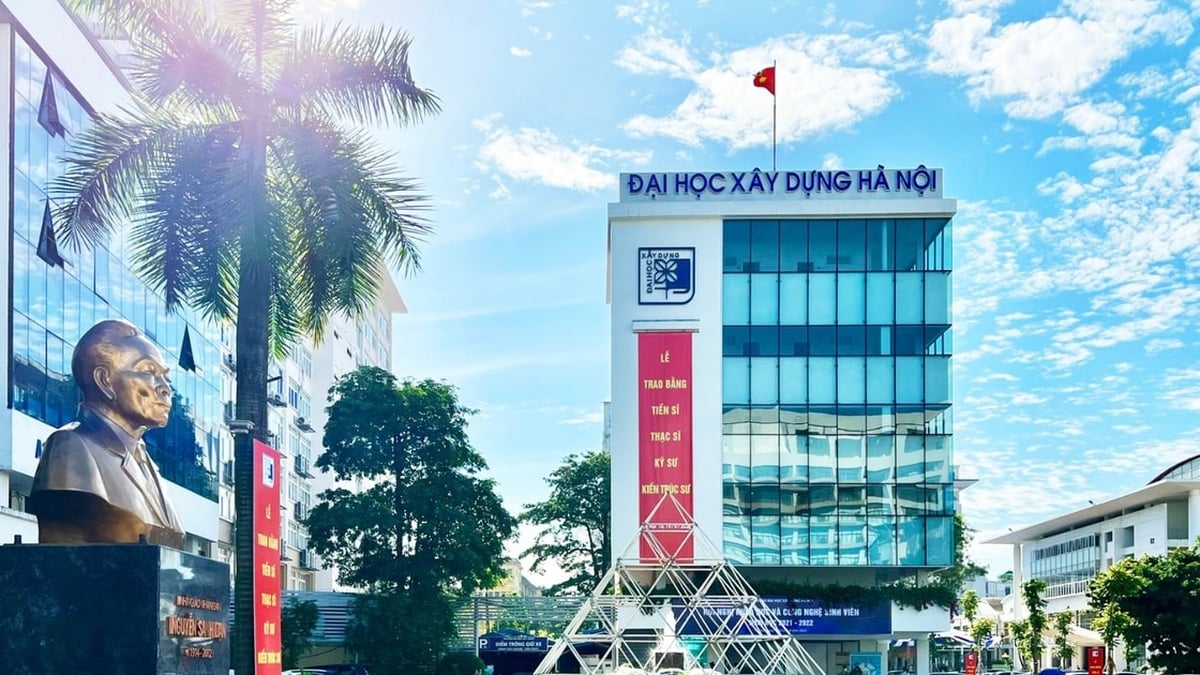

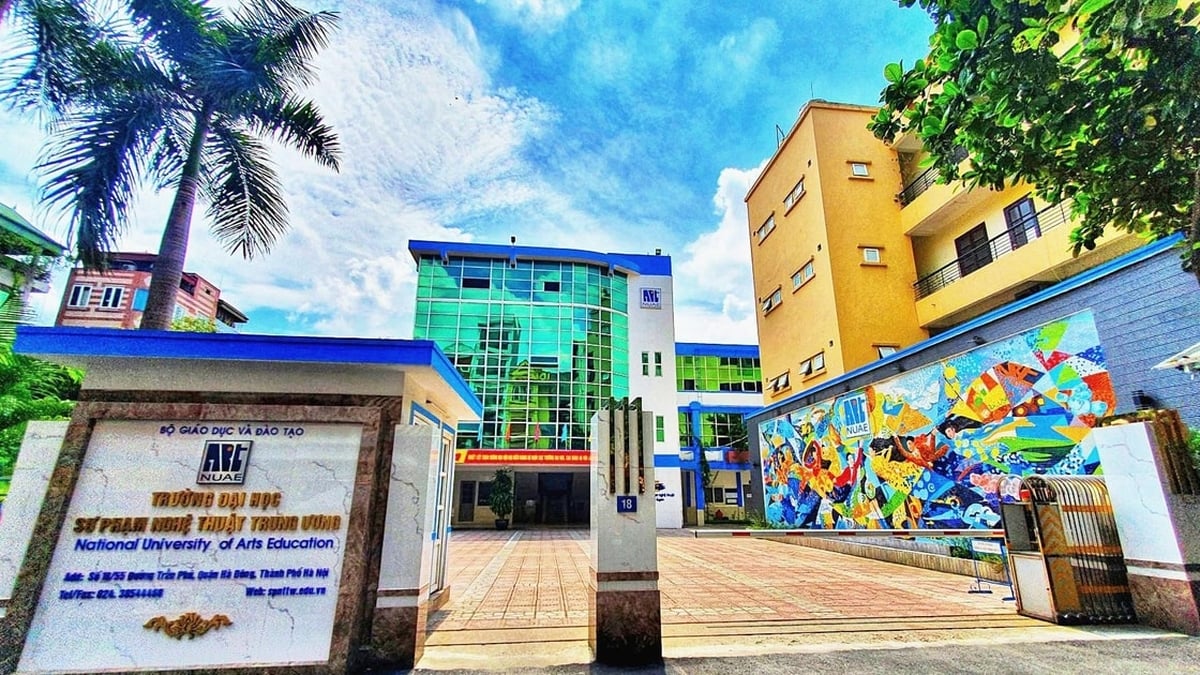

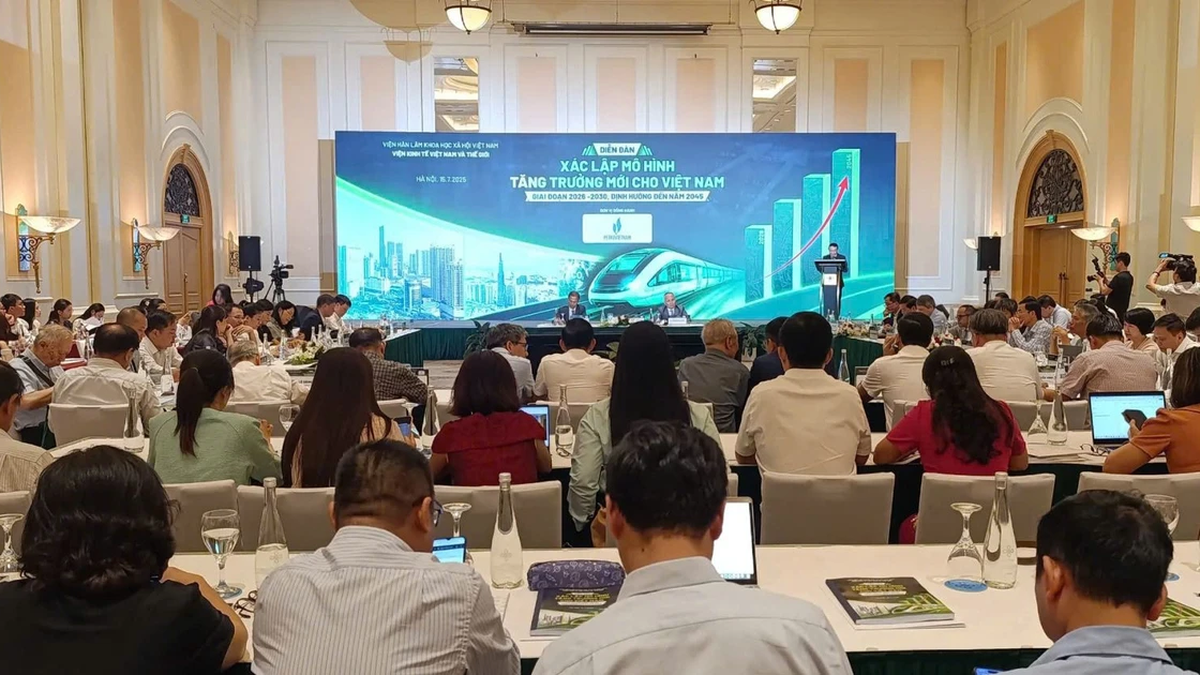

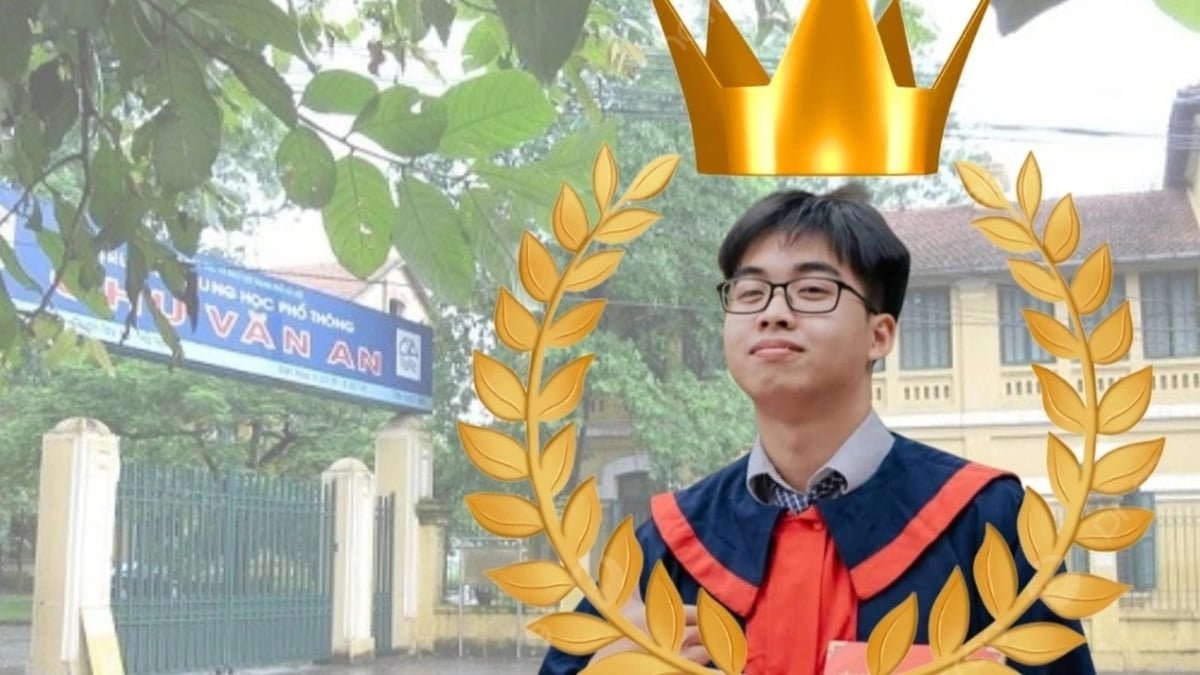

































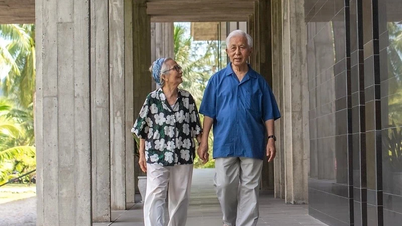

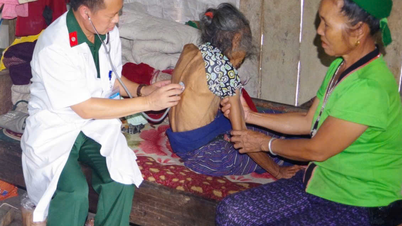







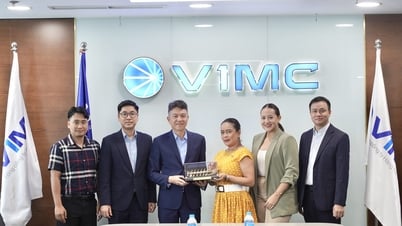

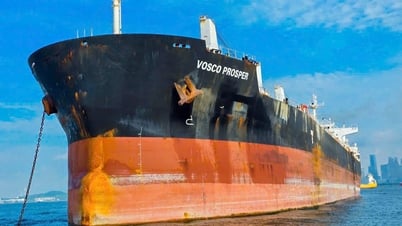



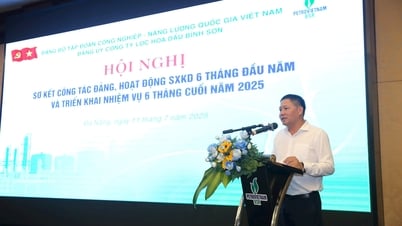

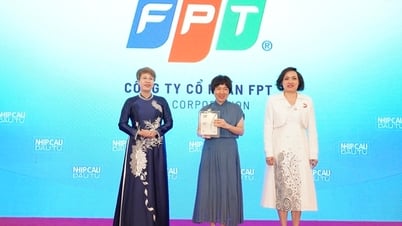

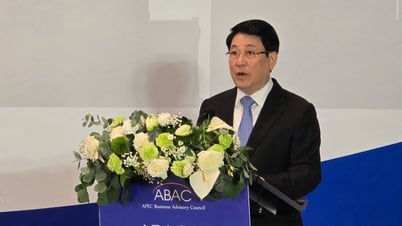



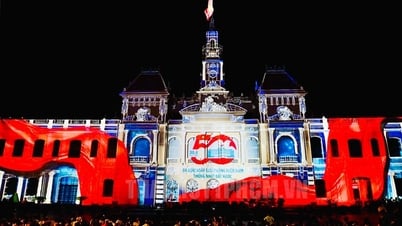
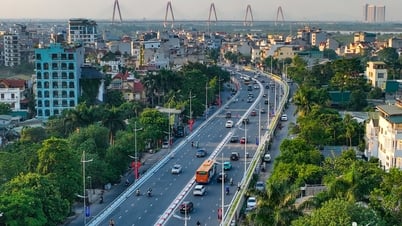

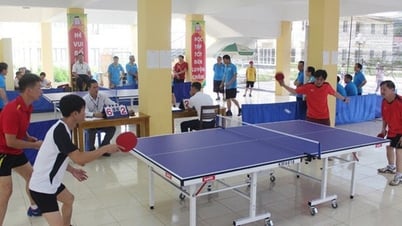

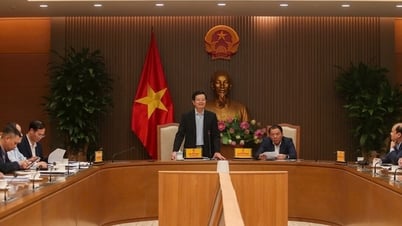

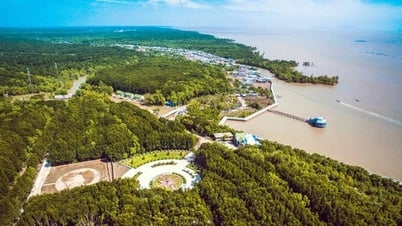
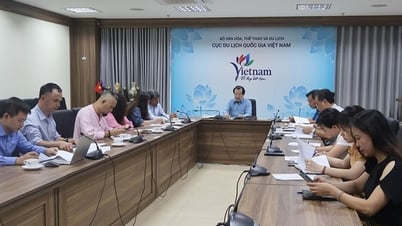
























Comment (0)